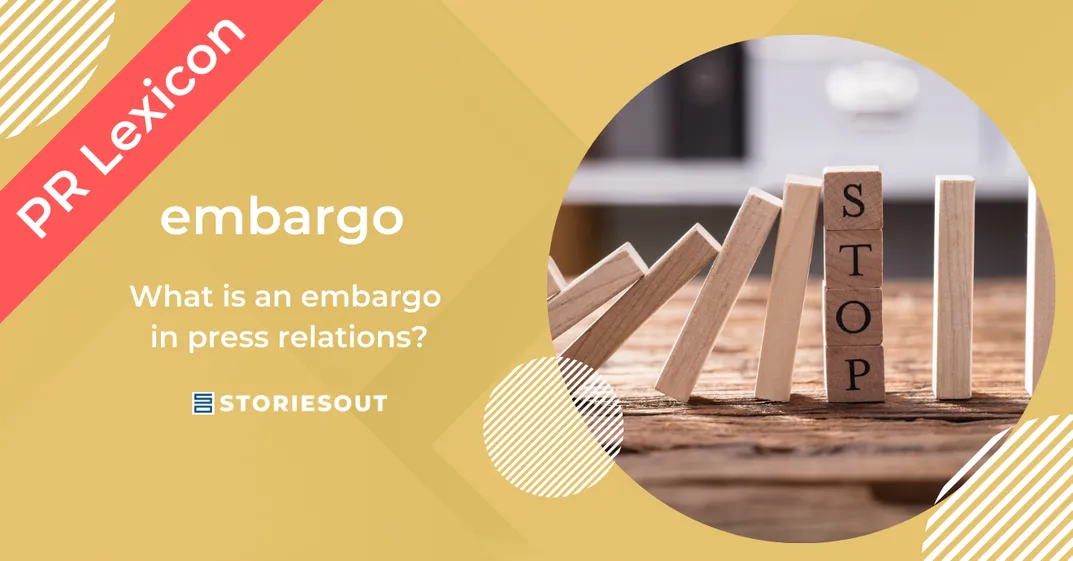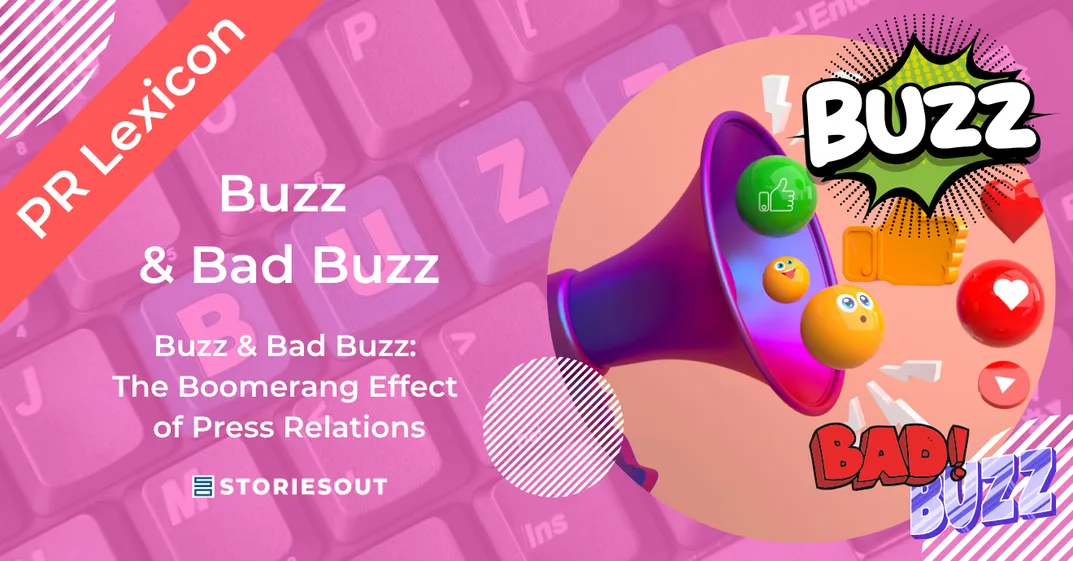In press relations, an embargo is a temporary restriction on the publication or dissemination of information, imposed by the sender of the information (a company, organisation, agency, etc.). This restriction is generally associated with a specific date and time after which the information can be made public. For example, a press release may state: ‘Under embargo until 18 December 2024 at 9.00am’.
Why implement an embargo?
There are several strategic reasons:
- To coordinate the dissemination of information:
It allows journalists and media to have sufficient time to prepare their articles or reports, while publishing the information simultaneously. This guarantees better media coverage and maximises impact at the right time. - Ensuring accuracy and quality of coverage:
The embargo gives journalists the opportunity to check information, ask questions or interview officials before publication. This limits errors or approximations in the content. - Create a synchronised buzz effect:
By coordinating the publication of an important announcement (e.g. product launch, financial results, scientific discovery), the embargo makes it possible to generate a simultaneous impact in different media, thereby increasing attention and reach. - Comply with legal or regulatory obligations:
Certain sensitive information (for example, the results of listed companies) must be published according to strict regulatory schedules. Embargoes help to meet these constraints. - Facilitating the work of journalists:
By providing time for preparation, the embargo encourages positive relations with the media, as it avoids putting journalists under pressure to process information in a hurry.
How do you manage an embargo?
To be effective, it is crucial that the sender :
- Clearly indicates the end date and time.
- Pass on the information to trusted journalists or media, as compliance with the embargo is based on a tacit agreement.
- Be prepared to deal with any breaches, as some media may break embargoes, which could reduce their credibility in the future.
In short, the embargo is a very useful planning and coordination tool for optimising the media impact of an announcement. Logically, it is essential for fund-raising announcements, which have a relatively short lifespan; it allows the impact to be accentuated at the dates and times when restrictions are lifted.
The Wikipedia article on embargoes gives some famous and inspiring examples.




